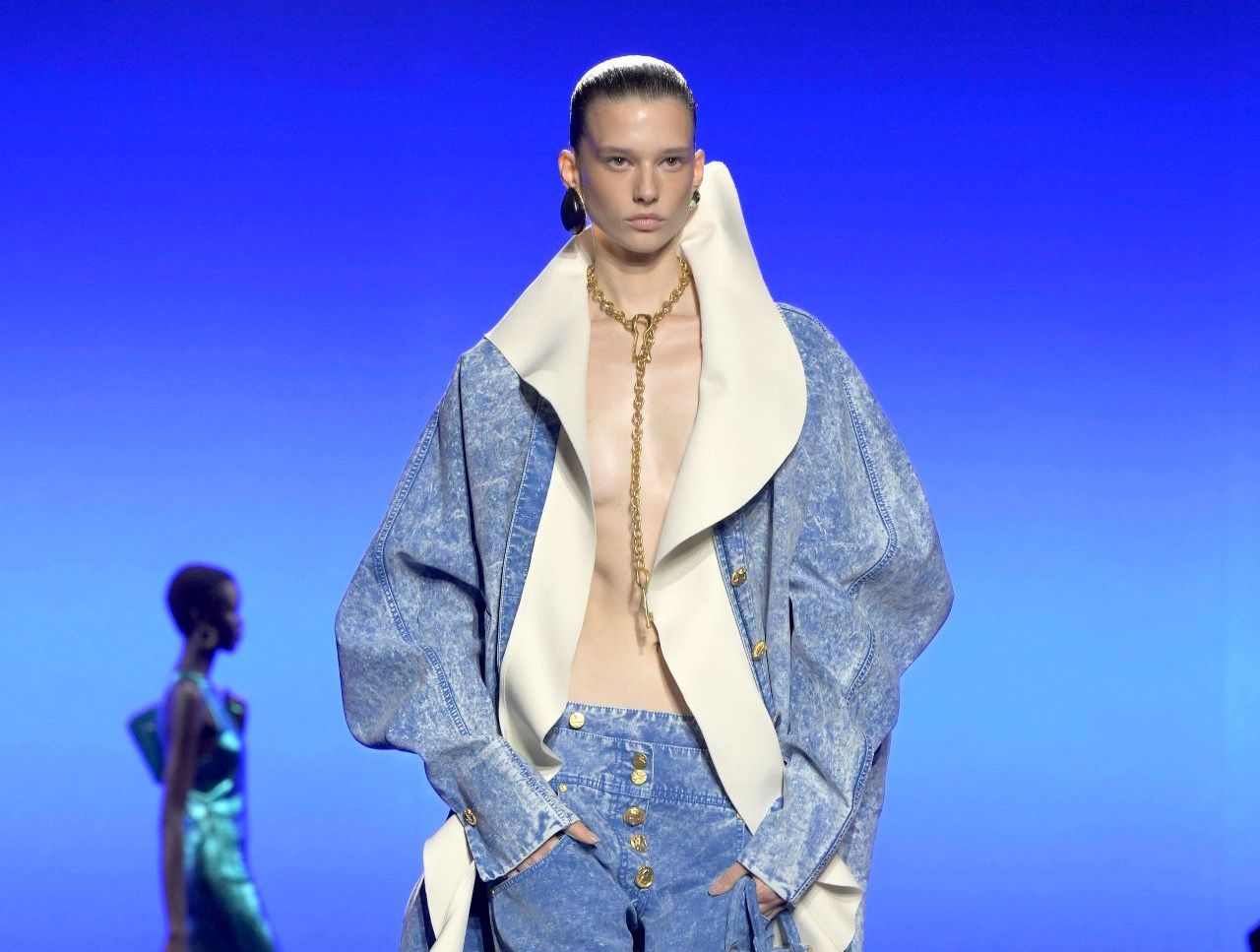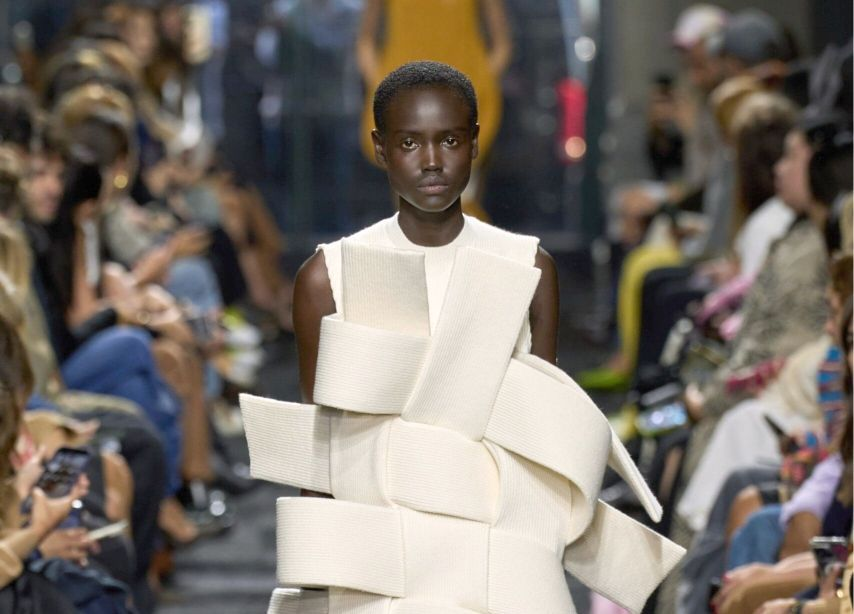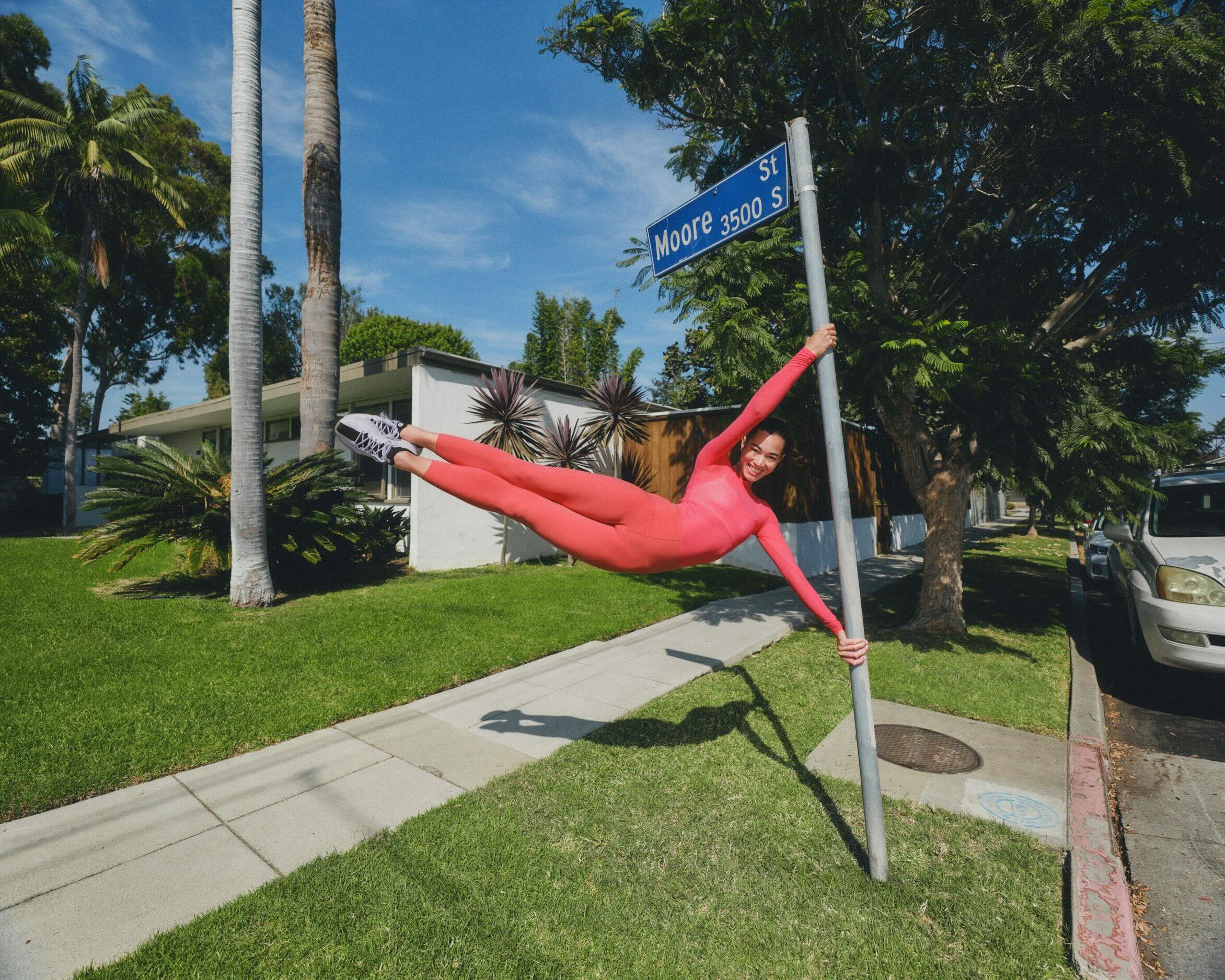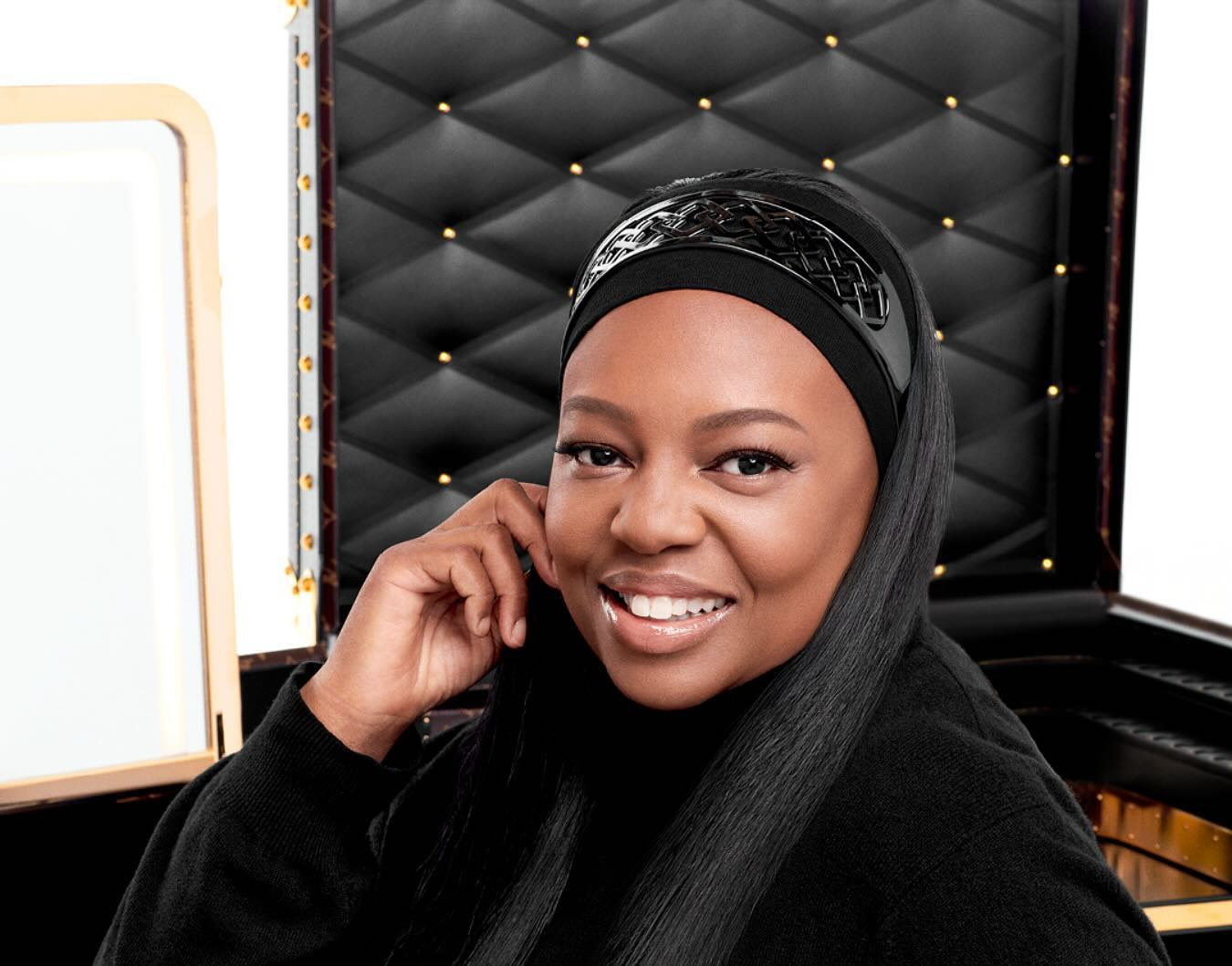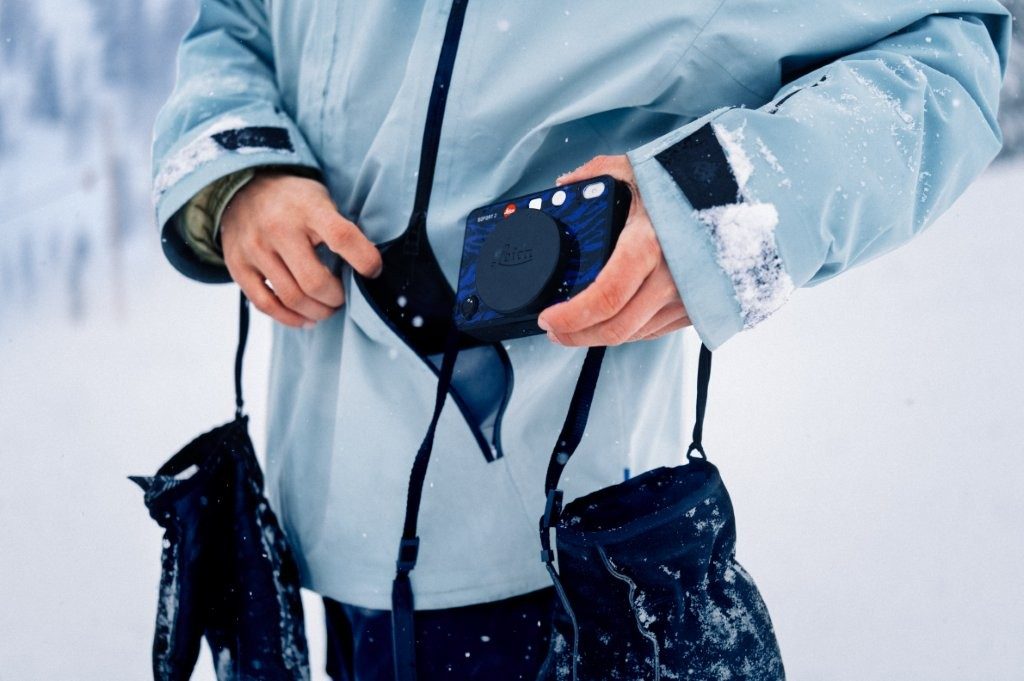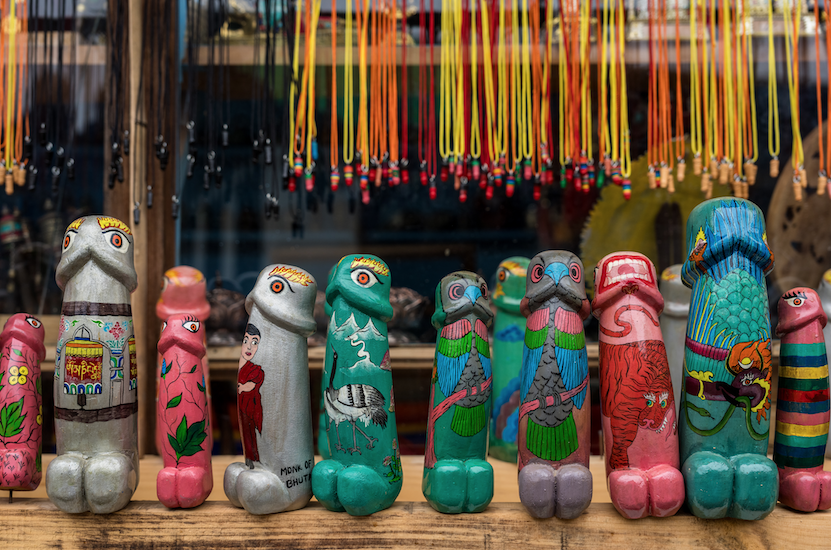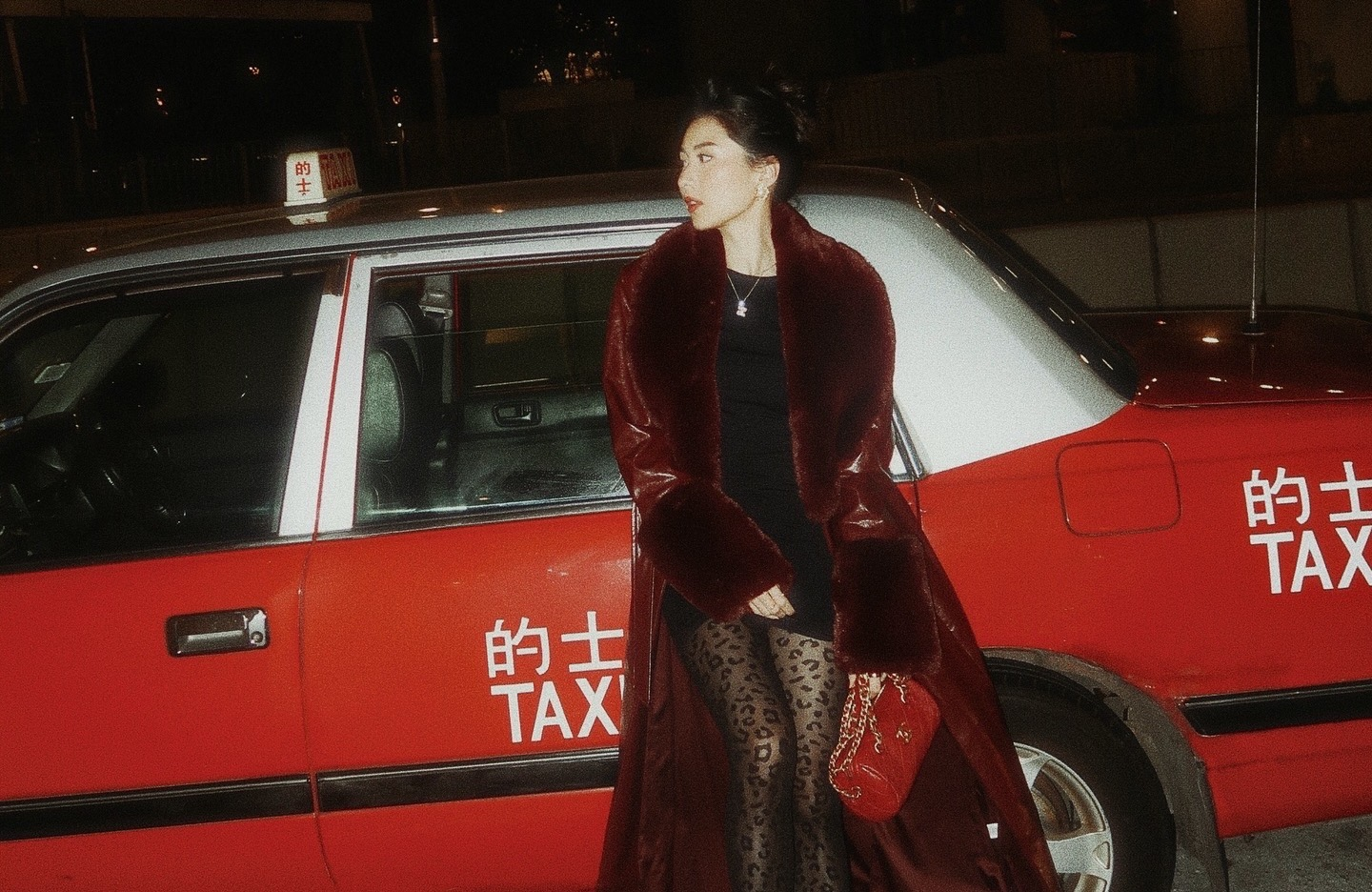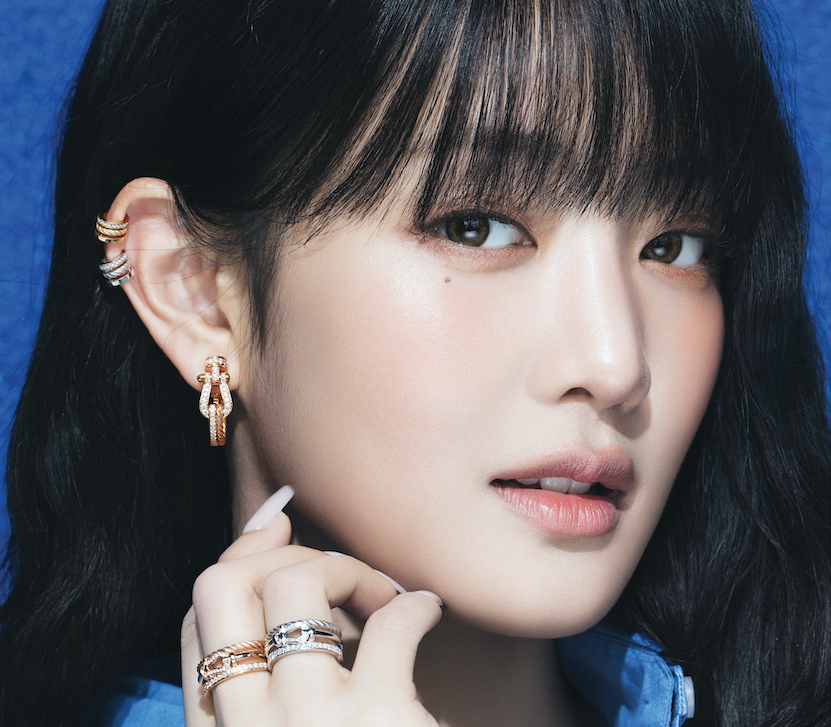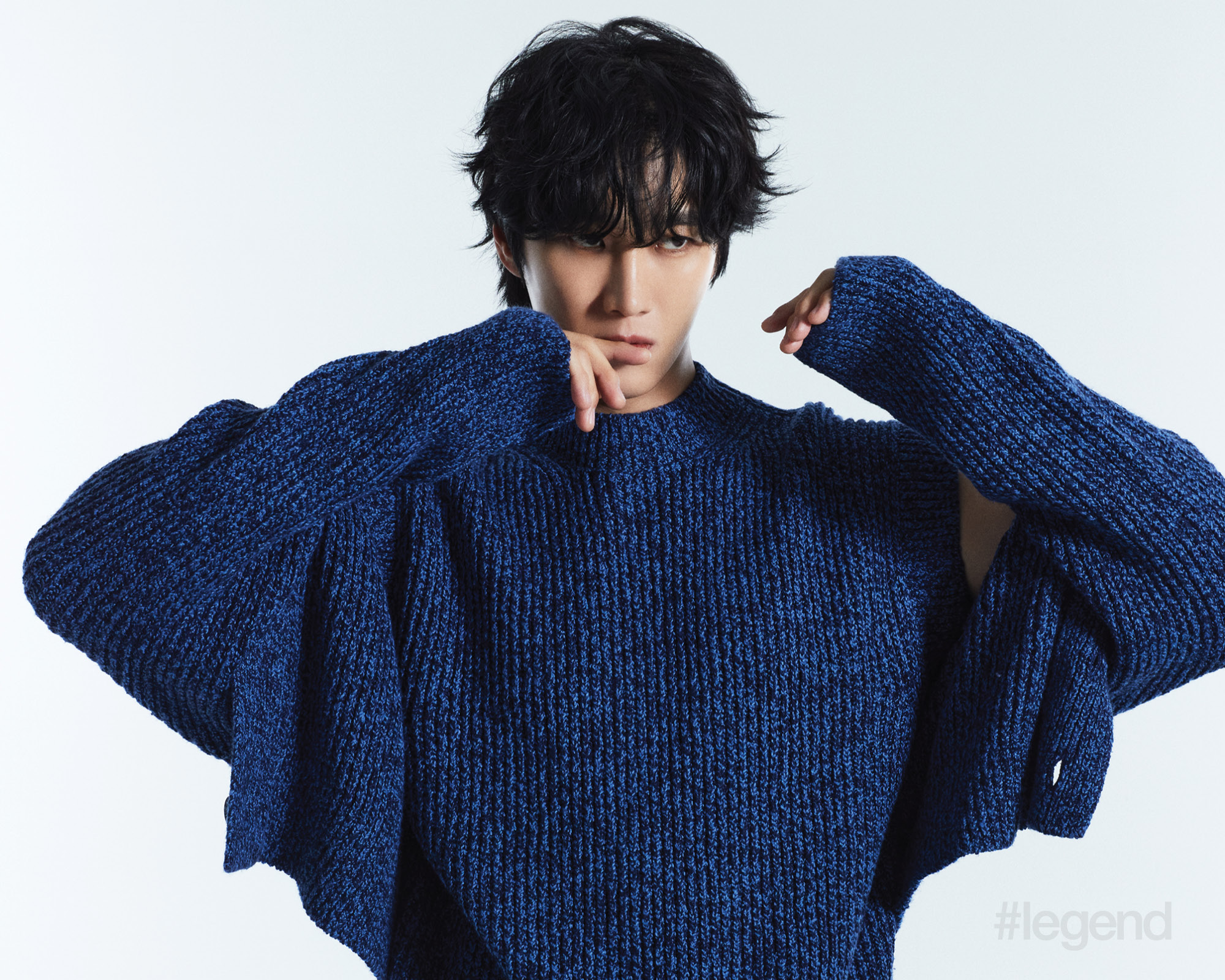Drunk Elephant's Tiffany Masterson on the future of skincare
May 24, 2021
In an industry as saturated as beauty, it’s challenging to get consumers to remember a brand name let alone make space for new products on their vanity. But Tiffany Masterson has accomplished both with Drunk Elephant. She talks to Kaitlyn Lai about everything from choosing ingredients and testing formulas to treating maskne
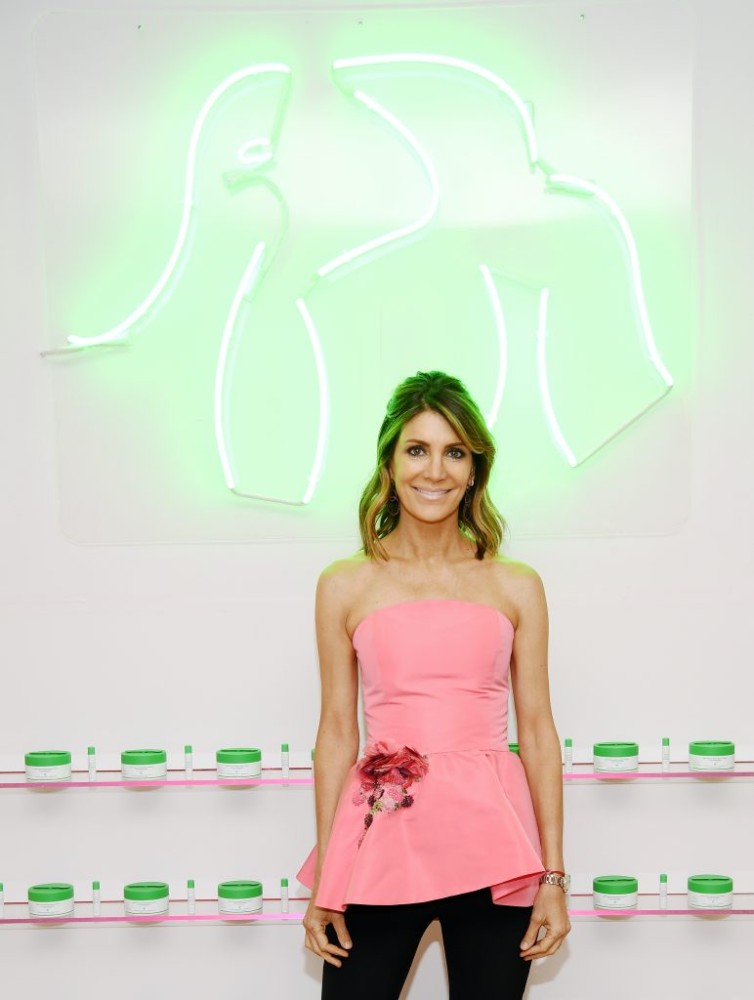
“Growing up, I had mild rosacea, visible pores, you name it. I tried every ‘miracle’ product that I could get my hands on but nothing ever worked or, if it did, not for long.”
Need – this was what fuelled Tiffany Masterson to build her own skincare company from scratch. Drunk Elephant is now one of the world’s most popular beauty brands and has received the stamp of approval from celebrities, beauty influencers and editors alike. You’d be lying if you said you haven’t seen the brand’s iconic colourfully capped bottles on your Instagram feed.
Before embarking on her Drunk Elephant journey, Masterson was a partner in a company selling a bar cleanser where she educated herself on what it takes to have healthy skin. After talking with customers, dermatologists and other industry insiders, Masterson was able to identify a need in the market that extended beyond her own and knew it was time to take action.
“After years of bouncing back and forth between the all-natural and clinical categories without success, I realised that to get what I wanted I would need to develop it myself,” she says. “[This] eventually led me to isolating the Suspicious 6 (silicones, essential oils, chemical sunscreens, sodium lauryl sulfate, drying alcohols and fragrances/dyes) as the real troublemakers and the philosophy for Drunk Elephant.”
Drunk Elephant is named after a myth that elephants get drunk after eating fruit that has fallen from marula trees. It’s no coincidence that Masterson believes marula oil to be superior to any oil she has tried before. With its comprehensive mix of fatty acids – namely omegas 3, 6 and 9 – marula oil makes for an intensely nourishing ingredient for skin. That is, if you harvest it properly.
“The trick is that while marula oil is naturally high in antioxidants and fatty acids, much of those benefits can be lost during harvest,” Masterson explains. “Drunk Elephant uses a proprietary extraction and filtration process that results in the purest and most concentrated form of the oil, with those delicate antioxidant and fatty acid compounds preserved. Our marula is extracted by grinding and raw cold-pressing the kernels of the South African marula fruit.”
Drunk Elephant products also feature trending ingredients such as vitamin C, retinol, AHA and BHA, and are created to be biocompatible by maintaining a pH level that’s close to the skin’s natural environment.
“Our approach to which ingredients we choose to use is actually pretty simple – their benefits for skin must be backed by research that clearly demonstrates how they function in skin, how they behave in the presence of other actives, what concentration is necessary to achieve those benefits and what their long-term effects are from a safety perspective when used topically,” Masterson says.
“Retinol is a great example. We used only the pure form in A-Passioni, not a derivative or alternative, because only pure retinol has research demonstrating its effectiveness, how it functions alongside actives like vitamin C or AHA/BHA exfoliants as well as its long-term impact to skin.”
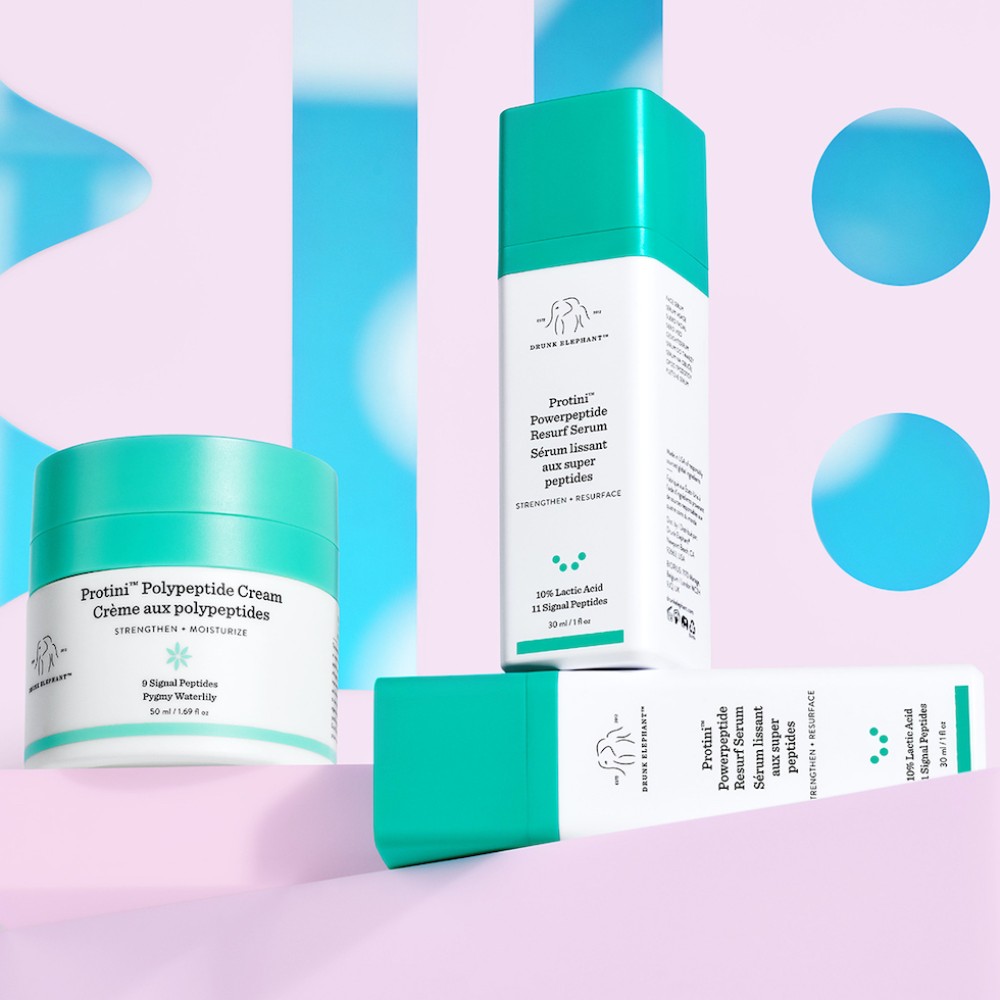
Drunk Elephant has achieved cult status for a reason: it never disappoints with its high-performance biocompatible formulas (or its aesthetic packaging). Favourites include the T.L.C. Sukari Babyfacial and the new Protini Powerpeptide Resurf Serum, which are both known to give users an instant radiant glow. However, these products don’t just appear overnight. According to Masterson, it can take anywhere from a year to two years to launch a product.
“The consumer always comes first for me because I am the consumer. It’s my job to make sure that our products deliver on our promises”
Tiffany Masterson
“I’m incredibly picky about what I launch and if I’m not reaching for it daily while in the testing phase, it’s not likely a product I’ll end up launching,” she reveals. Products we take for granted on a day-to-day basis such as sunscreen do not end up on the shelves easily even after formulations are approved.
“Once you approve a formulation, you have to choose packaging and do stability and compatibility testing,” Masterson says. “Timing can be delayed for different reasons, like a hard-to-get ingredient or a glitch in the testing, meaning you then have to go back and reformulate.”
You would think that having to name, clinical test, package and prototype every single product would be tiring, but not for Masterson, who pours her heart into her work. “It’s a long process but I love it,” she says. “It doesn’t even feel like working to me.”
Living behind a mask every day, many of us are suffering from the dreaded “maskne”. But Masterson says it’s really just a fancy name for something we’ve all experienced before, which is friction-related irritation.
“Most of us know these as breakouts that happen from exercise (or playing sports) and they usually occur on the back, chest or thighs due to the combination of heat, friction and sweat getting trapped between skin and fabric and possibly some dead skin cell build-up,” she explains. “What some are experiencing now is a variation of this on the face.”
Other than avoiding the Suspicious 6, the skincare expert says avoiding over-cleansing is key to taking care of your skin during the pandemic: “Try scaling back to a PM-only cleansing routine with a gentle cleanser, and opt for a water-rinse only in the morning. It’s very tempting to over-cleanse, or cleanse multiple times per day when you’re dealing with these types of breakouts, but this only strips the skin barrier of the substances that help keep it soothed and intact and, you guessed it, causes even more irritation.”
At the end of the day, Drunk Elephant owes its success to its founder’s personal approach. “The consumer always comes first for me because I am the consumer,” she says. “It’s my job to make sure that our products deliver on our promises, because I know that if they do the brand will be successful.”
On whether biocompatible beauty will become the future of skincare, Masterson likewise thinks that the answer will come from the consumer. “I think what has the single greatest impact is the fact that these products work and people feel it makes a real difference for them,” she says. “The consumers’ word of mouth is what will develop the category – not me, or any other brand that decides to pick up the term. What I think will happen is that the consumer will begin to demand biocompatible and what other brands will do in response to that is anyone’s guess.”
See also: Skincare for all: Beauty’s gender-neutral movement


